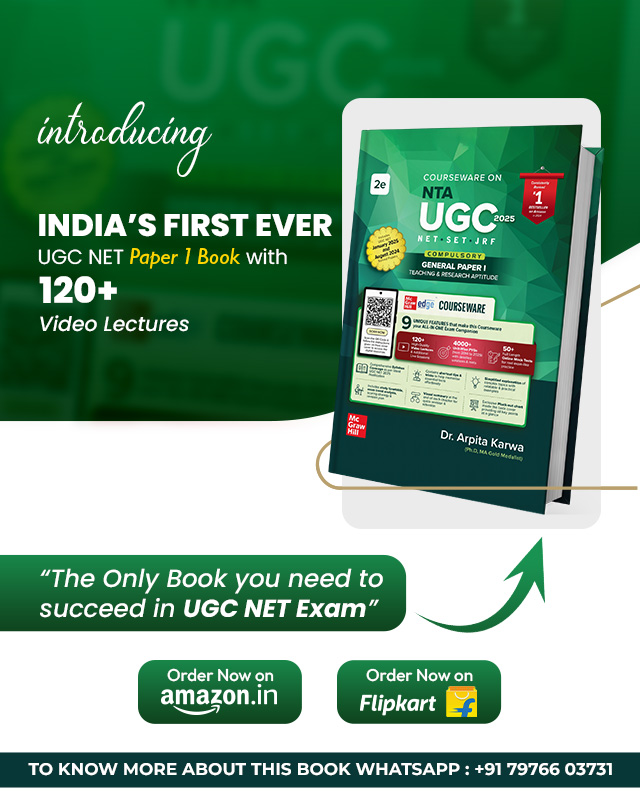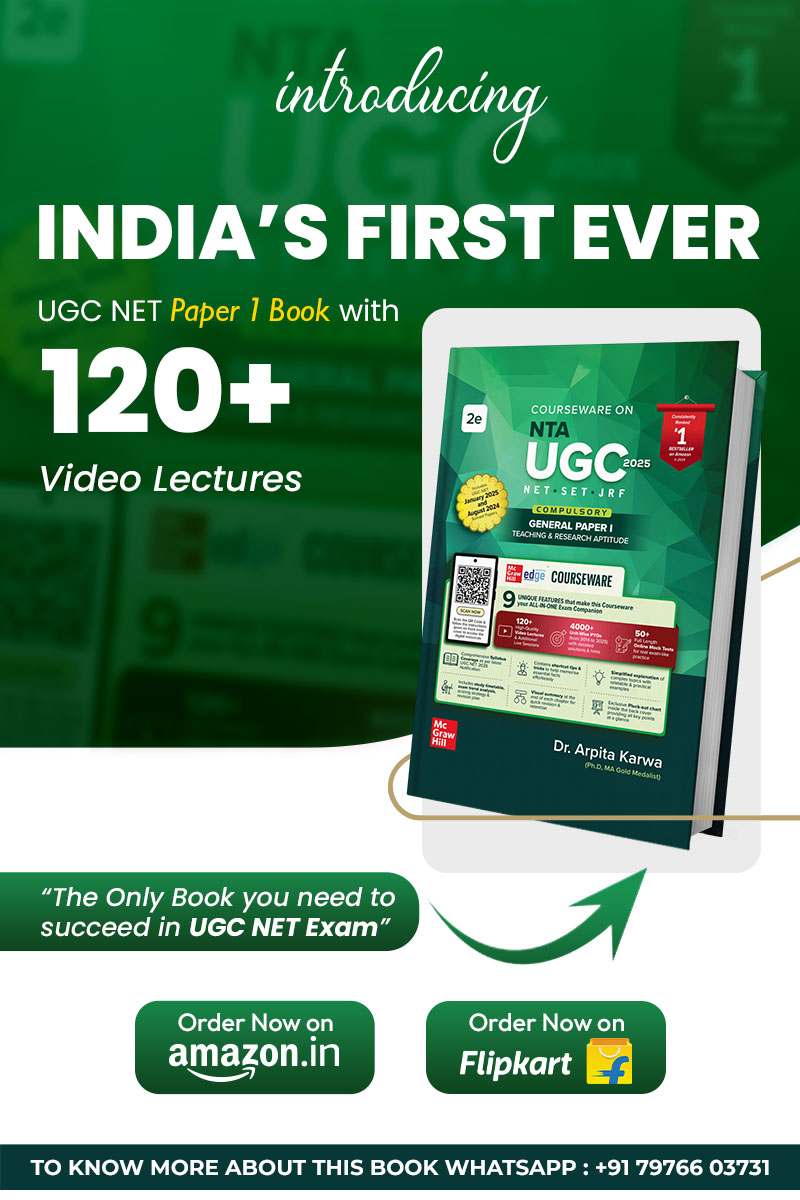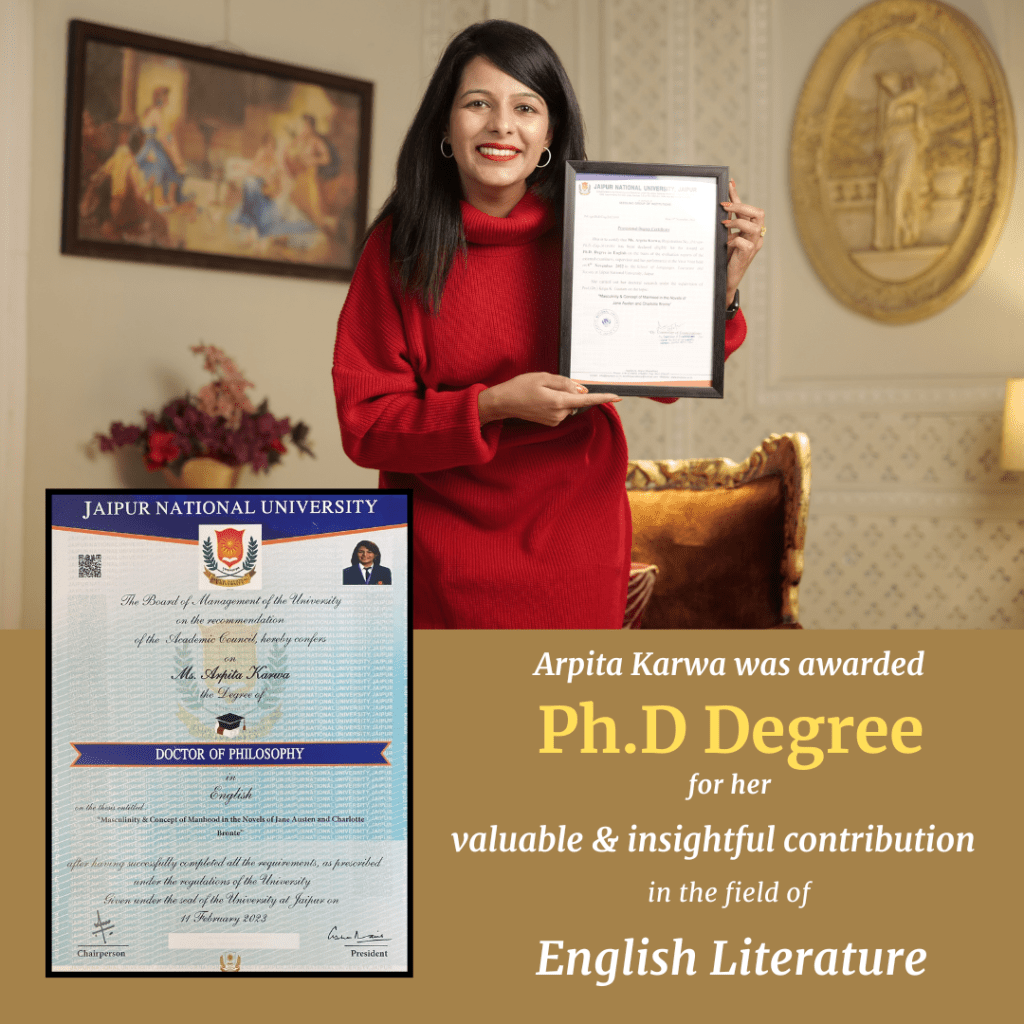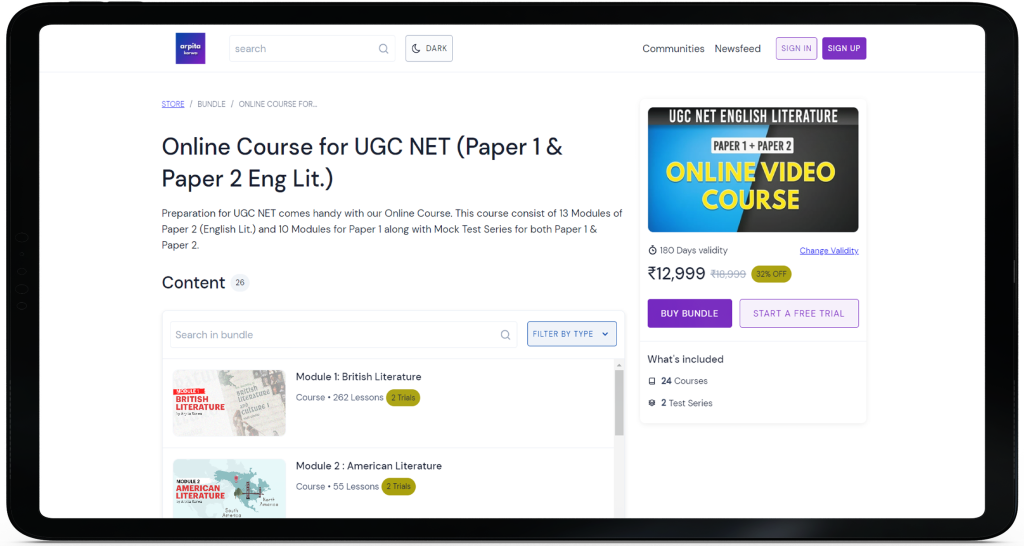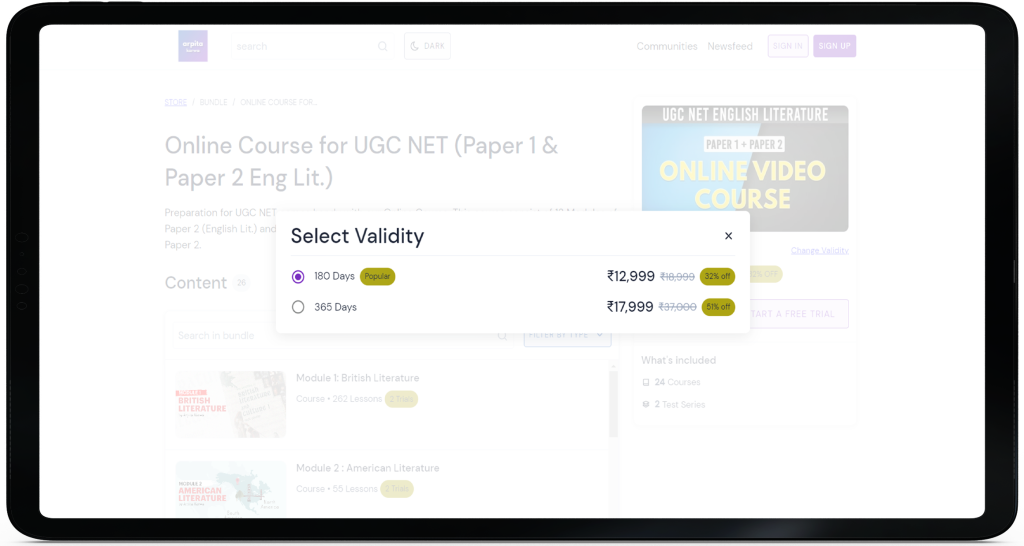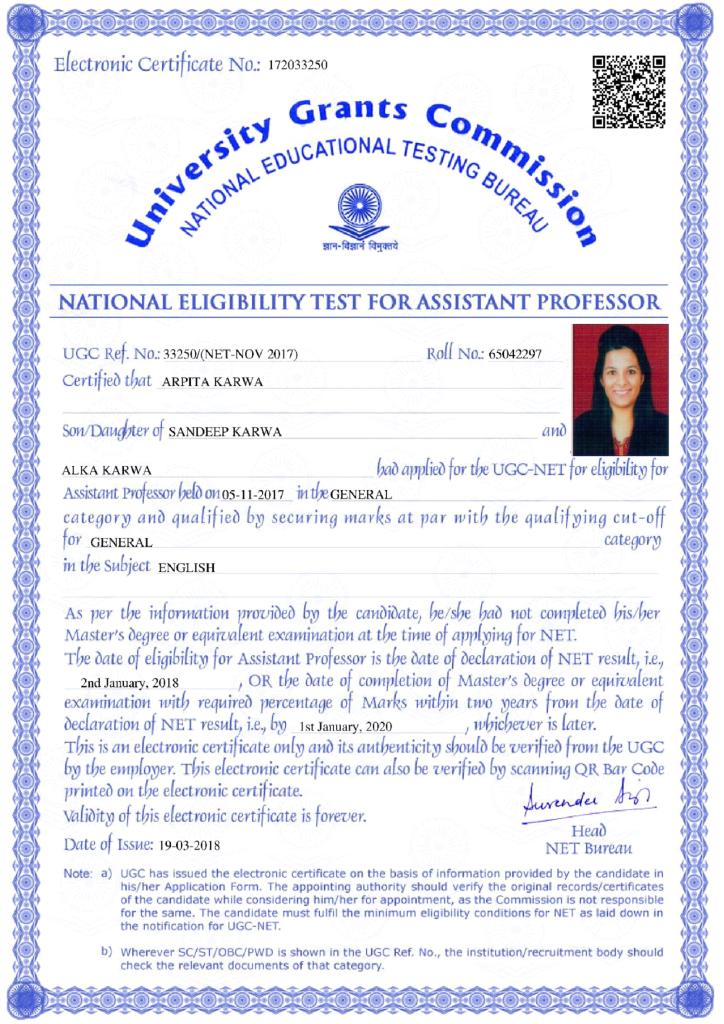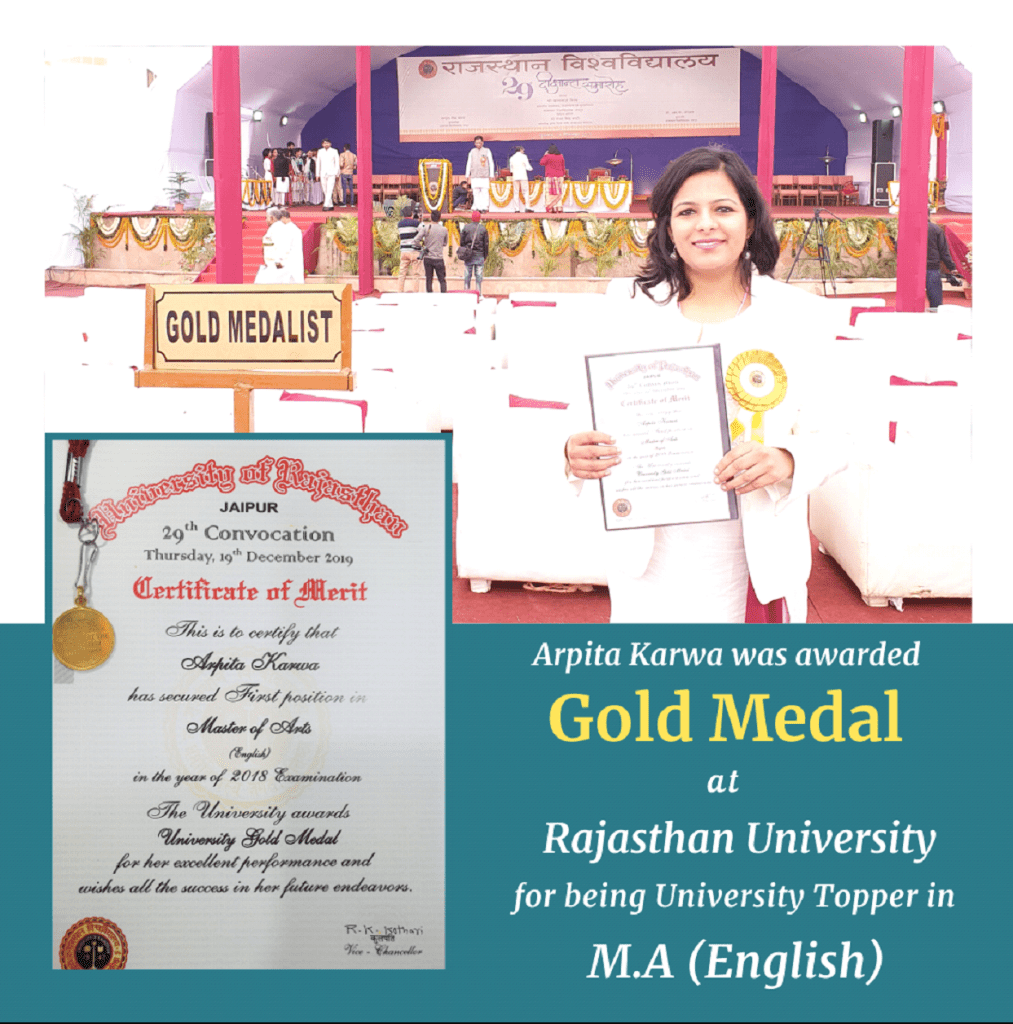UPSC English Paper 2 2019
June 19, 2023 2023-12-05 19:48UPSC English Paper 2 2019
2019 UPSC English Paper-2
ENGLISH
Paper – II
(LITERATURE)
Questions Paper Specific Instructions
Please read each of the following instructions carefully before attempting questions:
• There are EIGHT questions divided in Two Sections.
• Candidate has to attempt FIVE questions in all
• Questions no. 1 and 5 are compulsory and out of the remaining, any THREE are to be attempted choosing at least ONE question from each Section.
• The number of marks carried by a question/part is indicated against it.
• Answers must be written in ENGLISH
• Word limit in questions, wherever specified, should be adhered to.
• Attempts of questions shall be counted in sequential order. Unless struck off, attempt of a question shall be counted even if attempted partly. Any page or portion of the page left blank in the Question-cum-Answer Booklet must be clearly struck off.
SECTION-A
Q.1) Critically comment in about 150 words each on the following passages:
(a) A shudder in the loins engenders there
The broken wall, the burning roof and tower
And Agamemnon dead.(Yeats)
(b) Time present and time past
Are both perhaps present in time future,
And time future contained in time past.
(Eliot)
(c) Was he free? Was he happy? The question is absurd:
(Auden)
(d) Had anything been wrong, we should certainly have heard.
Ah, solving that question
Brings the priest and the doctor
In their long coats
Running over the fields.
(Larkin)
(e) Only the Egyptians had it right:
their kings had sisters for queens
to continue the incests
of childhood into marriage.
(Ramanujan)
Q.2) Answer all of the following:
(a) Discuss the paradox in Yeats’ idea, expressed in his ‘Last Poems’, that world history was spiralling out of control towards an apocalyptic close, yet it is not a matter for despair, but one for rejoicing.
(b) “Personification of nature, allusions to Greek mythology and the imagery of death these devices dominate Eliot’s poetry.” Elucidate.
(c) How do the best plays of the Theatre of the Absurd show in telling images the alienation, bewilderment and frustrations of the Modern Man?
Q.3) Answer all of the following:
(a) Even while depicting the modern man suffering from negation and despair due to totalitarian rulers and war-mongering governments, Auden speaks about an affirming flame of human connectedness and concern. Elaborate.
(b) Did Larkin deserve the tag The Times gave him as Britain’s greatest post-war writer? Evaluate his merits and demerits as a poet.
(c) Do you think marriage as an institution is critiqued in Osborne’s Look Back in Anger?
Q.4) Answer all of the following:
(a) “It would be wrong to seek Look Back in Anger’s politics in the content of Jimmy’s monologues. Instead, the politics is in their form: specifically, in their passionate articulacy.” Justify this claim.
(b) “Waiting for Godot is essentially a joke on the whole theatrical experience, an extended invitation to the audience to get up and leave. Nothing is going to happen, the play keeps telling us.” Discuss.
(c) Though Ramanujan, as an emigré poet, wrote about the home left behind with a remote passion and irony, how relevant are his experiences to a contemporary Indian in a globalized and hyperconnected world?
SECTION-B
Q.5) Answer all of the following:
(a) Is it valid to say that Lord Jim is all about coping with guilt, shame and remorse felt by Jim?
(b) Discuss the significance of the scene in A Portrait of the Artist as a Young Man, when Stephen sees a beautiful young girl by the river at the end of Chapter Four.
(c) What differences do you find between Mrs. Gertrude Morel and Miss Gertrude as a maiden?
(d) How does Forster depict the British colonial bureaucrats in A Passage to India?
(e) Analyze the presentation of the caste problem and untouchability as part of the Varnashrama system in the novel Kanthapura.
Q.6) Answer all of the following:
(a) Critically examine the significance of the motifs used in Mrs. Dalloway -the Big Ben, Shakespeare’s quotes, trees and flowers, etc. and their contribution to your understanding of the novel.
(b) Note the features of Künstlerroman you can find in A Portrait of the Artist as a Young Man, which justify its categorization as a novel about the development of an artist.
(c) Explain the cryptic comment on A House for Mr. Biswas as “Great in macrocosm, the novel is also flawless in microcosm.”
Q.7) Answer all of the following:
(a) In A Passage to India, what portrait of India does Forster present India as a “muddle” (as perceived by Fielding and Adela) or a “mystery” (as realized by Mrs. Moore and Godbole)? Explicate.
(b) “As Paul Morel struggles in his relationships with Clara and Miriam, he realizes in his sub-conscious mind that the shadow of his mother’s possessive love for him is the basic reason for his unstable emotional state.” Discuss this statement about Sons and Lovers.
(c) Even though Kanthapura, a small village, is the setting for Raja Rao’s novel, he has successfully projected the whole gamut of India, its politics, its caste system, its religious and social traditions in it. Do you agree?
Q.8) Answer all of the following:
(a) “Mrs. Dalloway explores the fragmented yet fluid nature of time and the inter-connectedness of perception and reality, across individuals and social spheres, through its depiction of Clarissa and Septimus.” Discuss.
(b) Examine the view that A Portrait of the Artist as a Young Man was innovatively daring for its time-it’s challenging attitude to family, homeland and the Catholic Church which made it a classic of Modernism.
(c) What role do the memories of the past, haunting Jim, Marlow, Jewel and Stein play in making Lord Jim an unforgettable tale of human nature?






